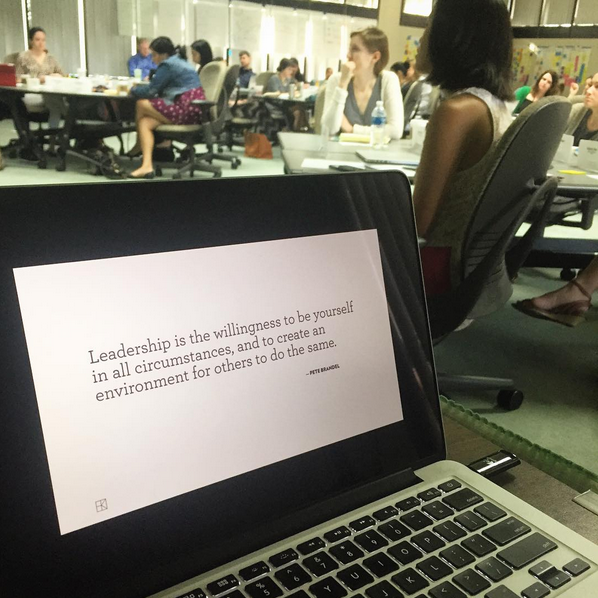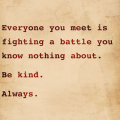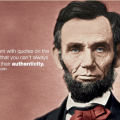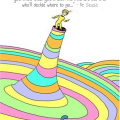How The Poynter Institute Plans to Help Journalism’s Ethics Problems
Guest blog post by Kelly McBride, Poynter
Journalism ethics evolve in a way that is unique to an unlicensed profession. Developments in the news industry’s policies and practices are often unpredictable and difficult to bring about.
Doctors, lawyers, and accountants have boards and professional groups that create standards, ensure the necessary knowledge is taught, test potential practitioners, and sanction those who violate the codes.

Journalism, by its very nature, morphs in response to market forces. And this is a particularly critical moment. We’ve entered an era where citizens are increasingly misinformed and misled by the news media, even when the bulk of professional journalists do a reasonably solid job. The weakness is often in the system, not the individuals. There are some obvious reasons for this:
- The information stream coming at consumers is a barrage of social media, and mobile push notifications that blur together.
- The news cycle rewards organizations that are first to a story, with a larger share of the audience.
- As publishers chase audience, they increasingly bend the news threshold to mirror topics rewarded by search and social, rather than those topics they’ve independently determined to be critical to self-governance.
- As the economic model that supports content producers erodes, publishers have fewer resources to spend creating (and researching) new content. Instead they devote their resources to repackaging content created by others.
- Fake news of many shades has proliferated and prospered.
For its 41-years Poynter has guided professional journalists and their employers by convening and cajoling in an effort to improve the systems that lead to the publication of accurate, meaningful and helpful information. We draw attention to noble efforts and we point out missteps and failures. With the recent $1 million gift from the Craig Newmark Foundation, we can increase these efforts.
Specifically, this new faculty member will do the following:
- Research, observe and describe the systems that lead to both good and bad information.
- Collaborate in the creation of online ethics certificates for individual journalists ensure they have the necessary foundations for the professions.
- Create a system for professional news organizations to codify their ethical values and a pathway for their audiences to hold them accountable.
- Develop best practices and policies and the necessary training to address pressing issues that challenge journalism’s democratic values.
- Aggregate and synthesize the research completed by others.
- Create an annual state of the industry document that helps us assess our progress in both narrative and quantifiable measurements.
Why is this important? Journalism isn’t as strong as democracy needs it to be. If it continues to weaken, democracy will follow.



